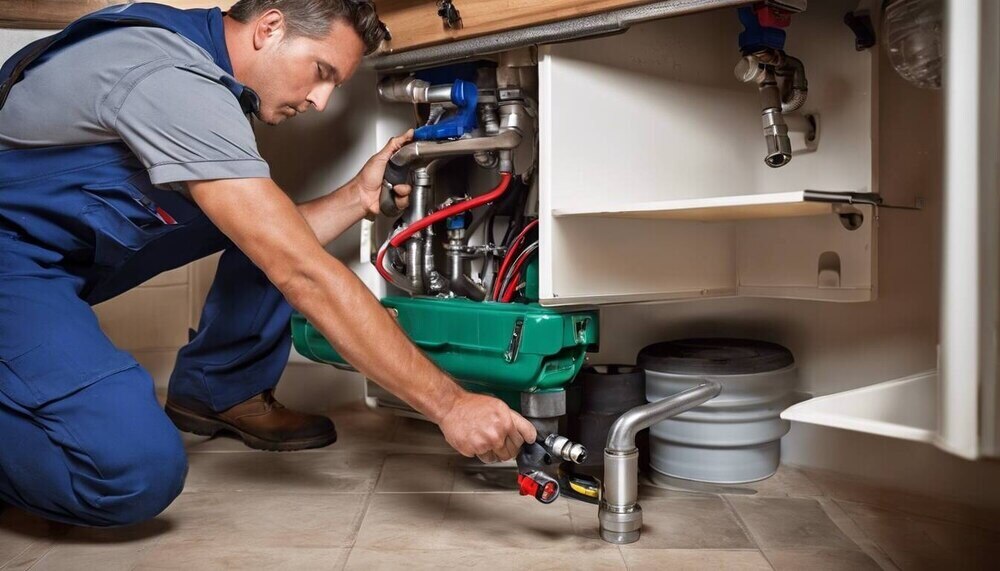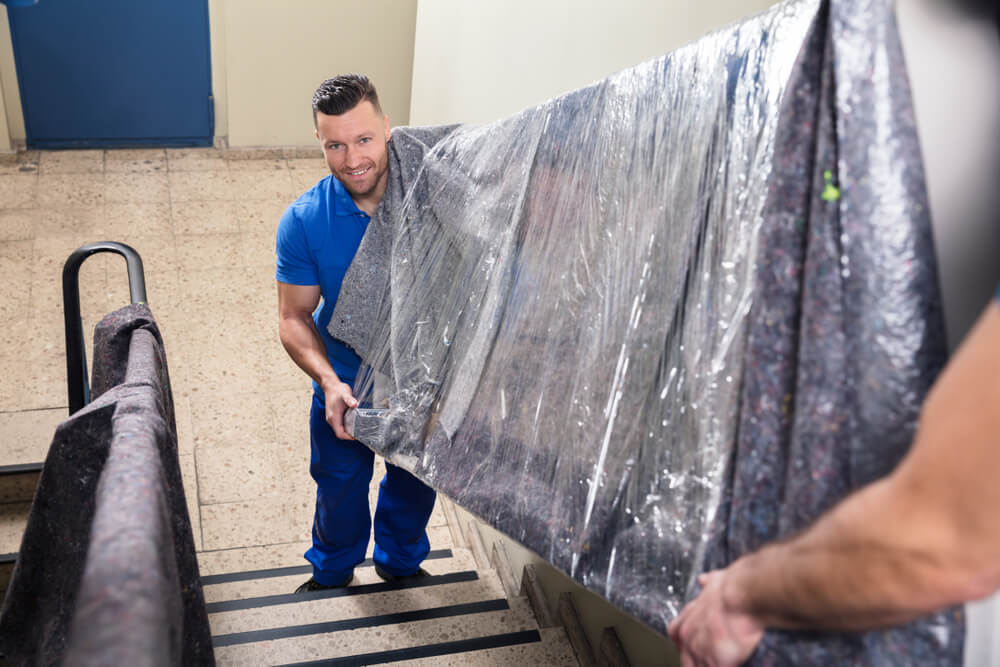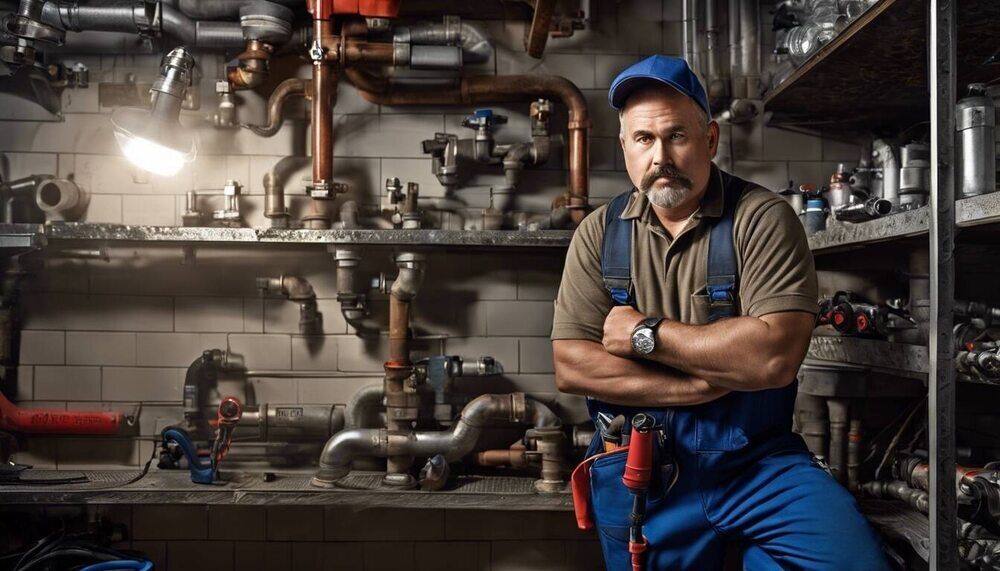
salt air can be damaging to Santa Cruz plumbing. For residents and businesses near the coast, this is a harsh reality that requires attention and care. The salty, moist environment typical of coastal regions creates a perfect storm for corrosion, especially in outdoor plumbing systems. Understanding why salt air causes corrosion, how it affects plumbing, and most importantly, how to prevent it, is essential to maintaining the longevity and functionality of your outdoor pipes and fixtures.
Why Salt Air is a Threat to Plumbing
Salt air contains tiny airborne salt particles, which come from ocean spray and mist. These salt particles settle on surfaces and are carried into nooks and crevices, including your plumbing system. When salt combines with moisture, it accelerates the corrosion process. This is particularly problematic in Santa Cruz and other coastal towns where humidity and salty winds are frequent.
Corrosion is the gradual degradation of metal due to chemical reactions, often involving oxygen and moisture. In plumbing, corrosion weakens pipes, valves, and fittings, causing leaks, blockages, and eventual failure. For outdoor plumbing, exposure to the elements means that metal parts are constantly at risk. Over time, salt deposits build up, breaking down protective layers of paint or coatings and exposing the raw metal underneath.
The Impact of Corrosion on Outdoor Plumbing
Outdoor plumbing systems include irrigation lines, garden hoses, sprinkler systems, outdoor faucets, and even some water supply lines. Corrosion here can have serious consequences:
- Leaks and Water Waste: Corroded pipes develop tiny holes and cracks, leading to leaks. This not only wastes water but can also cause soil erosion or damage to your landscaping.
- Reduced Water Pressure: Blockages from corrosion buildup can reduce the flow of water, impacting the effectiveness of irrigation and outdoor cleaning systems.
- Health and Safety Concerns: Rust and corrosion particles can enter the water supply, potentially affecting water quality.
- Costly Repairs: Corrosion damage often leads to expensive repairs or full pipe replacements if not caught early.
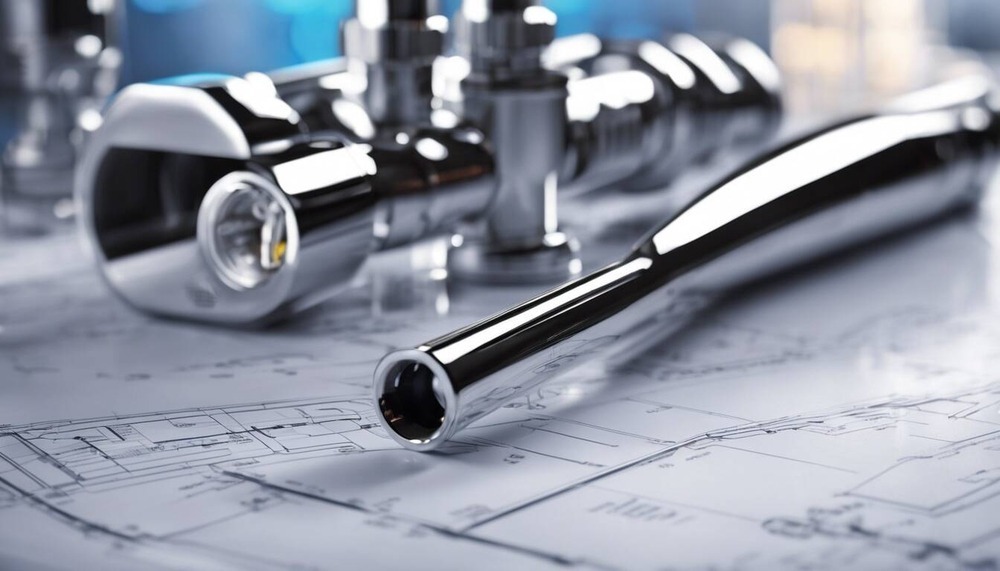
Common Metals and Their Vulnerability
Different metals react differently to salt air exposure:
- Steel and Iron: These are the most vulnerable to rust when exposed to salt air. Iron oxidation causes rust, which can flake off and worsen corrosion.
- Copper: While more resistant than steel, copper can still corrode in salt air environments, developing a greenish patina. Though sometimes cosmetic, it can also indicate deeper corrosion.
- Aluminum: This metal forms a protective oxide layer naturally, but salt can break down this layer, leading to corrosion.
- Plastic and PVC: These materials are immune to corrosion but can degrade under UV exposure and physical damage.
Preventive Measures to Protect Outdoor Plumbing
Fortunately, there are effective ways to prevent or significantly reduce salt air corrosion on your outdoor plumbing.
Use Corrosion-Resistant Materials
When installing or replacing outdoor plumbing components, opt for materials that resist corrosion. Stainless steel, brass, and certain plastics like PVC and CPVC offer better protection against salt air than regular steel or iron.
Protective Coatings and Paints
Applying anti-corrosive coatings to metal pipes and fittings creates a barrier between salt air and the metal surface. Epoxy paints, powder coatings, or specialized rust-inhibiting primers can extend the life of outdoor plumbing.
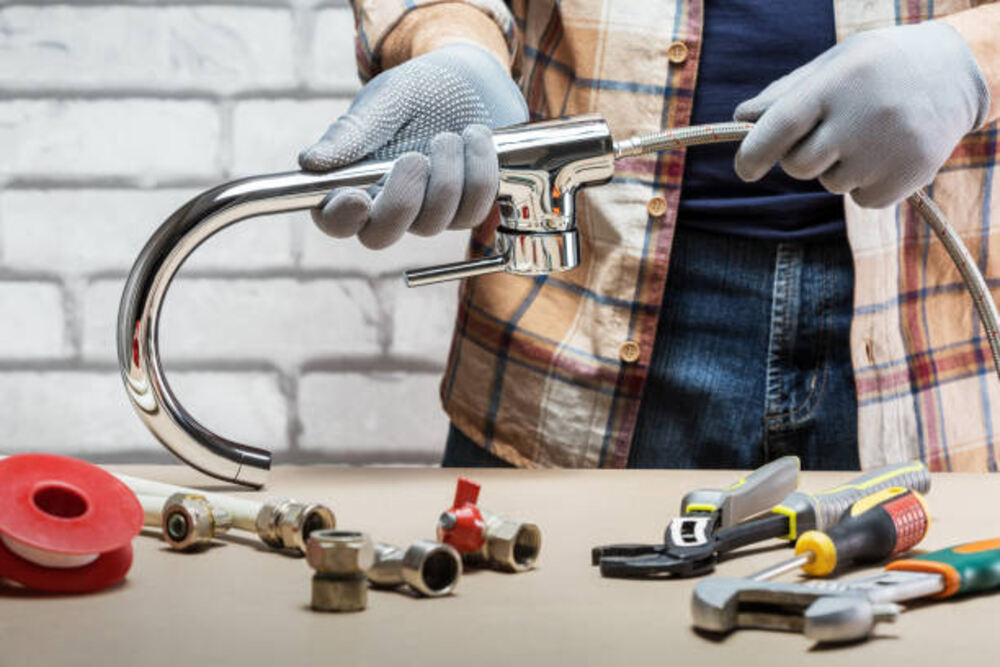
Regular Cleaning and Maintenance
Salt deposits don’t just sit harmlessly on surfaces they actively accelerate corrosion. Regularly rinsing outdoor plumbing with fresh water can remove salt buildup. This is especially important after storms or periods of heavy salt spray.
Routine inspections help catch early signs of corrosion such as discoloration, rust spots, or leaks. Prompt repairs or replacements prevent small problems from escalating.
Use Sacrificial Anodes
For metal plumbing in salt air environments, sacrificial anodes can help prevent corrosion. These are pieces of metal designed to corrode first, protecting the main plumbing parts. Commonly made from magnesium or zinc, sacrificial anodes act as a corrosion magnet, extending pipe life.
Design Considerations for Coastal Plumbing
When installing new outdoor plumbing in salt air areas like Santa Cruz, design choices can influence durability:
- Elevate Pipes: Avoid placing pipes directly on the ground where saltwater can pool.
- Ensure Proper Drainage: Good drainage prevents standing water, which increases corrosion risk.
- Avoid Dissimilar Metals: Contact between different metals (like copper and steel) in the presence of salt air can cause galvanic corrosion, speeding up damage.
Final Thoughts
Living near the coast offers amazing scenery and a unique lifestyle, but it comes with challenges salt air corrosion on outdoor plumbing being a significant one. Understanding the causes and taking proactive steps to protect your plumbing can save you money, reduce downtime, and keep your water systems flowing smoothly.
